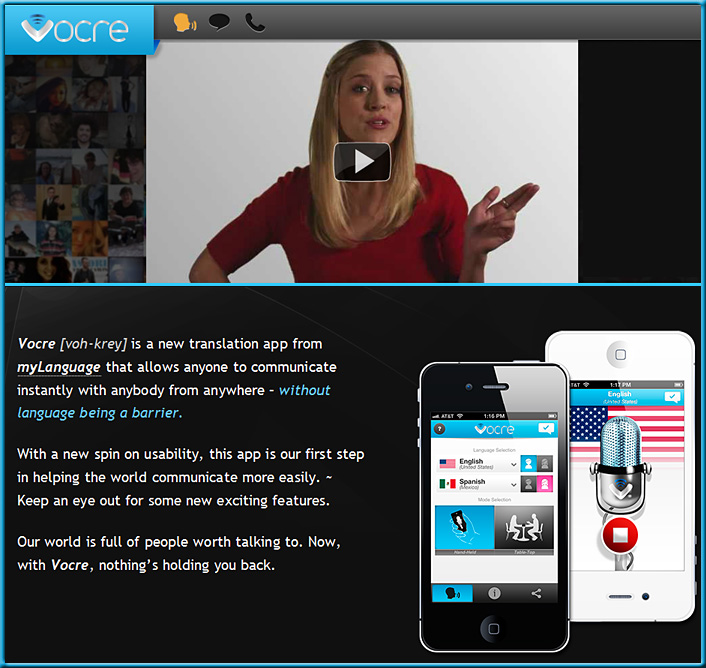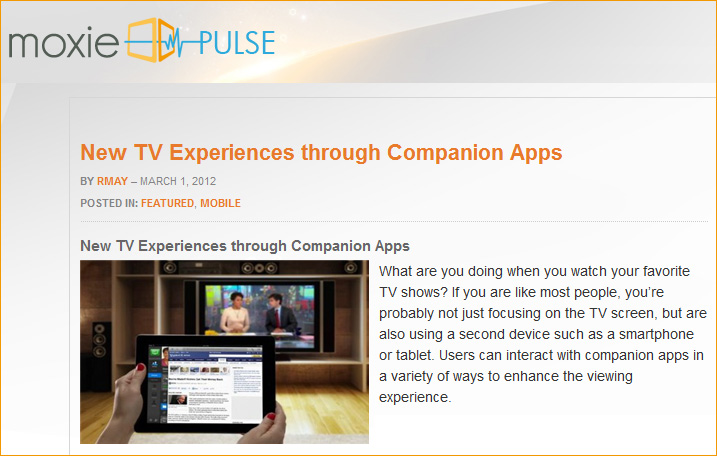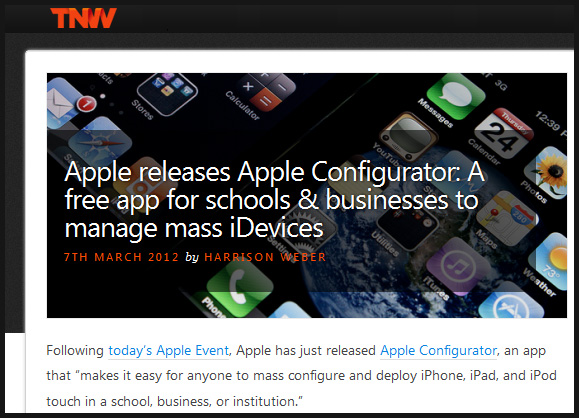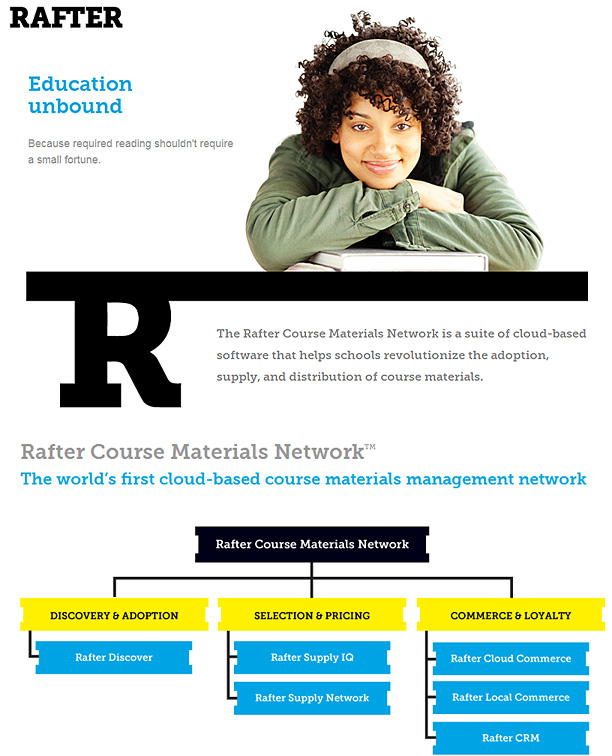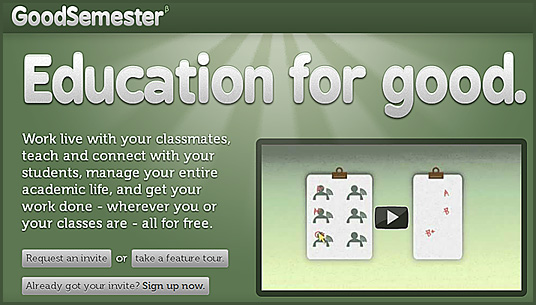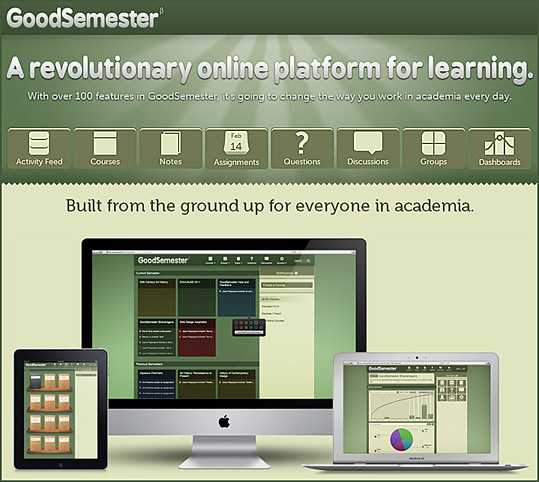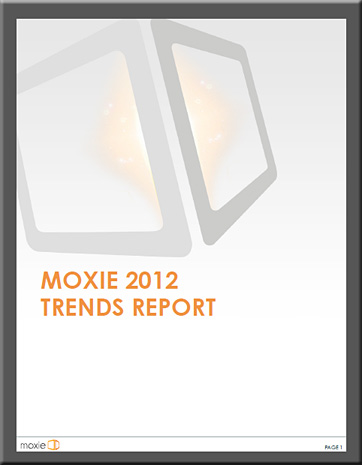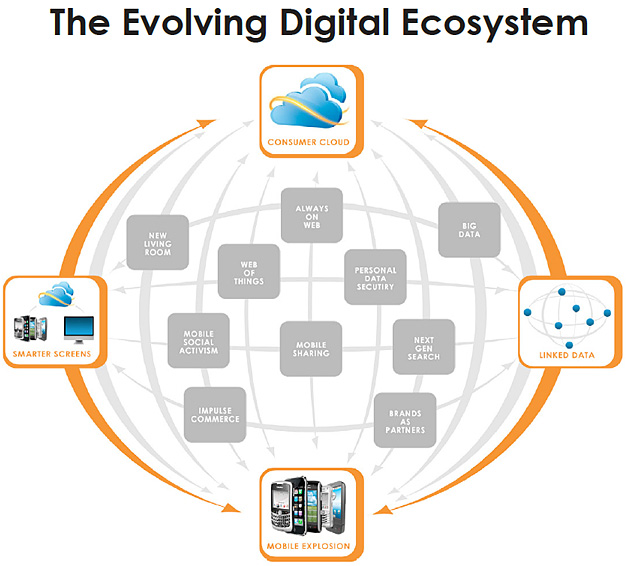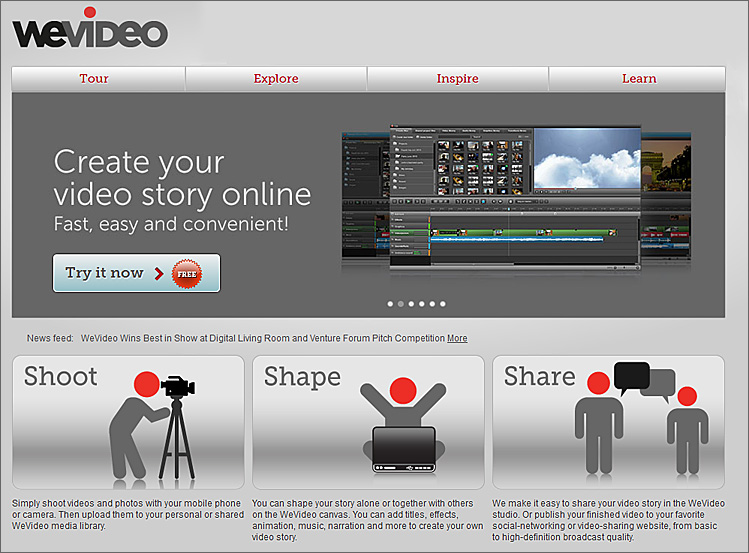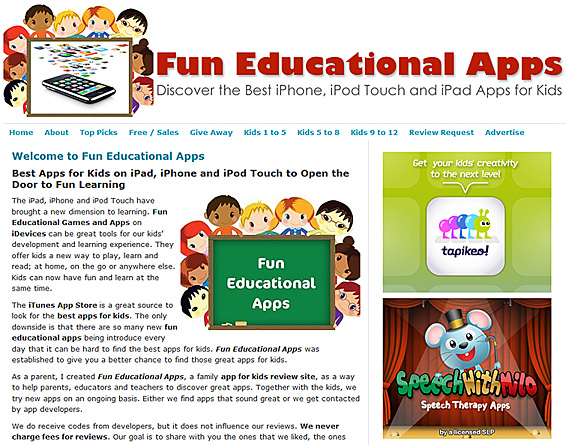How to make music with your iPad — from pcmag.com by Jamie Lendino
The iPad is capable of real music composition work, and in ways that you’ve probably never seen before; here are the apps you need right now.
Addendum later on 3/5/12:
- iPad Apps used on a daily basis in teaching music — from iPad and Technology in Music Education
Rafter™ launches to revolutionize the entire course materials process for students, educators, and administrators, making education more affordable, accessible and effective — from Rafter
Rafter Delivers First-of-its-Kind Technology to Manage Textbooks and Digital Content On Campus and Online
Excerpt:
SAN MATEO, CA–(Marketwire – Feb 28, 2012) – Rafter today launched as a new education technology company offering a network of software services that enable administrators and educators to better control costs and manage course materials for their students. Addressing higher education course materials management at an enterprise level, the Rafter Course Materials Network™ is the first suite of cloud-based software services that helps reduce costs for students and stores, helps educators discover and adopt the best materials, and provides college administrators with unprecedented power to control the complexities and reduce the costs of the entire course materials management process.
Rafter evolved out of one of the fastest growing education technology companies, textbook rental company BookRenter, which has saved millions of students more than $175 million across more than 5,000 campuses nationwide. In 2010, the company began to partner directly with schools to co-develop services to reduce the cost of and improve the experience associated with textbooks. Today, more than 500 schools have adopted BookRenter’s solution.
.
See also:.
.
.
Also see:
- College Costs: A Student’s Perspective — from edcetera.rafter.com by John Paris
Head in the clouds? Ten free Web 2.0 tools to support faculty research — from FacultyFocus.com by G. Andrew Page, Ph.D.
Marc Andreessen: Predictions for 2012 (and beyond) — from cnet.com by Paul Sloan
Excerpt:
Software has chewed up music and publishing. It’s eaten away at Madison Avenue. It’s swallowed up retail outlets like Tower Records. The list goes on.
No area is safe–and that’s why Andreessen sees so much opportunity.
Fueling his optimism: ubiquitous broadband, cloud computing, and, above all, the smartphone revolution. In the 1990s, the Internet led to crazy predictions that simply weren’t yet possible. Now they are.
.
A cloud-based video editing platform that allows you to create, collaborate and share video-based stories.
.
Also see –> projeqt.com
How the cloud is revolutionizing gadgets — from cnet.com by Paul Sloan
When Greg Duffy shopped his business idea around in 2008, investor after investor told him the same thing: you’re crazy.
.
Dropcam lets you view live video on your phone.
7 mobile trends for 2012: NFC, Nokia, Apps and HTML5 — from gottabemobile.com by Josh Smith
Excerpt:
Given the importance of apps to the overall success of a phone and a platform, and this wide number of devices, we invited Bjorn Hildahl, VP of Product Management at Kony to fill us in on what to expect in 2012.
Kony is a 5 year old development services company that enables companies to write apps once and turn them into native apps for 7 platforms, the mobile web and tablets. Kony boasts a collection of clients like SouthWest and Citi, and focuses on delivering apps that feel like they were written specifically for a platform rather than wrapping a mobile webpage in a shell and calling it native.









